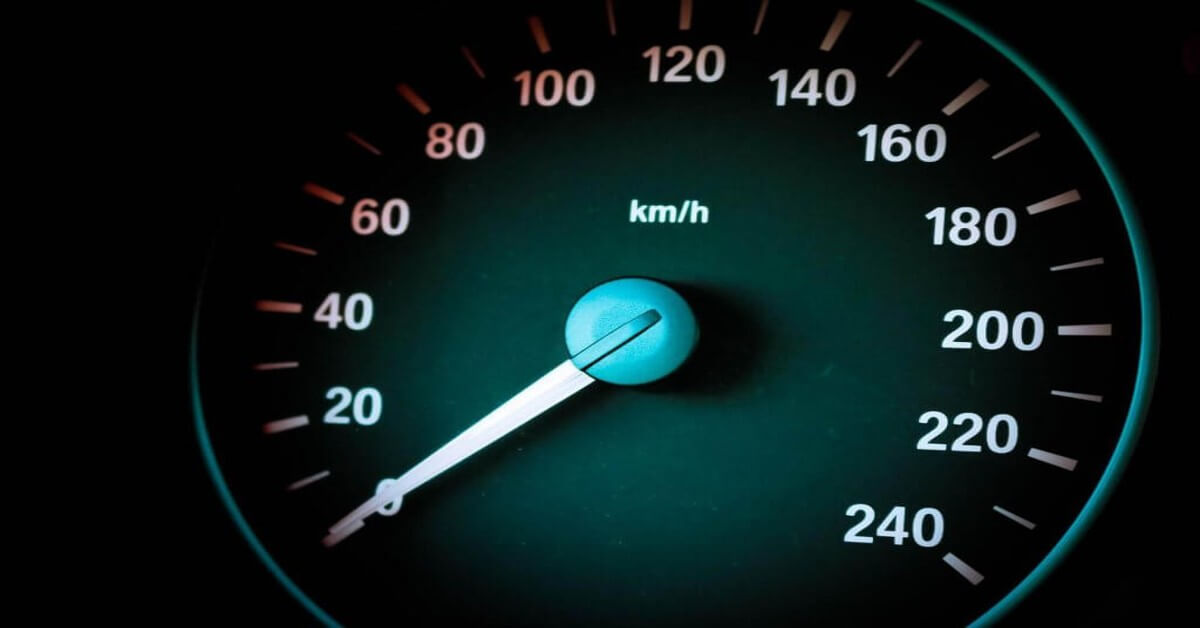Every car owner encounters performance issues with their vehicle at some point. Among these, the enigma of improper acceleration leaves many drivers puzzled. When your car fails to accelerate as expected, it can be frustrating and potentially hazardous.
In this article, we will discuss the potential causes behind this problem, equipping you with valuable insights to effectively diagnose and address the issue.
Table of Contents
1. Fuel System Problems
A faulty fuel system takes center stage as one of the primary culprits behind poor acceleration. Various factors contribute to this issue, including a clogged fuel filter, a malfunctioning fuel pump, or a dirty fuel injector. When any of these vital components fail to operate optimally, your engine may not receive the necessary fuel supply, resulting in sluggish acceleration.
2. Ignition System Malfunctions
A well-functioning ignition system is paramount for a seamless and powerful acceleration experience. When key components within the ignition system, such as spark plugs, ignition coils, or the distributor, wear out or sustain damage, misfires and overall performance issues can ensue. Faulty ignition timing can also impede proper acceleration.
3. Air Intake Problems
The air intake system ensures that your engine receives an optimal air-fuel mixture. However, issues such as a clogged air filter or a malfunctioning mass airflow sensor can disrupt this delicate balance. Inadequate airflow to the engine can cause it to struggle to generate the necessary power for smooth acceleration.
4. Transmission Troubles
Problems with the transmission can significantly impact your car’s acceleration. A worn-out clutch, low transmission fluid levels, or a faulty torque converter can lead to slipping gears, delayed shifting, or even complete power loss. Any of these issues can substantially hinder your vehicle’s ability to accelerate properly.
5. Engine Performance Issues
The overall performance of your engine can also play a vital role in acceleration problems. Several issues, including a malfunctioning throttle position sensor, a worn-out timing belt, or a compromised exhaust system, can impede acceleration. Additionally, a buildup of carbon deposits on the intake valves or fuel injectors can adversely affect engine efficiency and power output.
6. Traction Control and Stability Systems
Modern vehicles have advanced traction control and stability systems to enhance safety and performance. However, malfunctions or sensor failures within these systems can inaccurately limit power delivery, causing your car to struggle during acceleration. It is essential to check the status of these systems when diagnosing acceleration issues.
7. Weight and Cargo
While not directly a mechanical issue, the weight your car carries can influence its acceleration. The presence of excessive cargo or unnecessary items stored in your vehicle adds extra load, requiring more power to accelerate. Consider removing any unnecessary weight to improve your car’s acceleration performance.
Bottom Line
When your car fails to accelerate properly, it is crucial to address the issue promptly to ensure your safety on the road. In this in-depth article, we explored several potential causes of poor acceleration, including fuel system problems, ignition system malfunctions, air intake issues, transmission troubles, engine performance issues, traction control and stability system malfunctions, and the impact of weight and cargo.
By understanding these factors, you can identify the root cause of the problem and take appropriate measures to rectify it.
Remember, for persistent or severe acceleration issues; it is recommended to consult a professional mechanic for a thorough diagnosis and repair. Prioritizing your car’s performance and your safety is paramount.
Frequently Asked Questions (FAQs)
Q: How can I determine if my car’s fuel system is causing poor acceleration?
A: Look out for signs such as difficulty accelerating, accompanied by sputtering or stalling. Additionally, a decrease in fuel efficiency or a strong gasoline smell may indicate fuel system issues.
Q: Can problems with the air intake system affect acceleration?
A: Yes, a clogged air filter or a malfunctioning mass airflow sensor can disrupt the air-fuel mixture, resulting in poor acceleration. Insufficient airflow to the engine hampers its ability to generate power effectively.
Q: Are ignition system malfunctions a common cause of poor acceleration?
A: Absolutely. Worn-out or damaged components within the ignition system, such as spark plugs, ignition coils, or the distributor, can lead to misfires and overall performance issues, including sluggish acceleration.
Q: How can I determine if transmission issues are causing acceleration problems?
A: Look for signs such as slipping gears, delayed shifting, or power loss during acceleration. Additionally, low transmission fluid levels or a faulty torque converter can contribute to poor acceleration.
Q: What should I do if I suspect engine performance issues affecting acceleration?
A: If you notice decreased acceleration accompanied by rough idling or unusual engine noises, it is advisable to have your vehicle inspected by a professional mechanic. They can diagnose and address any potential engine performance issues.


